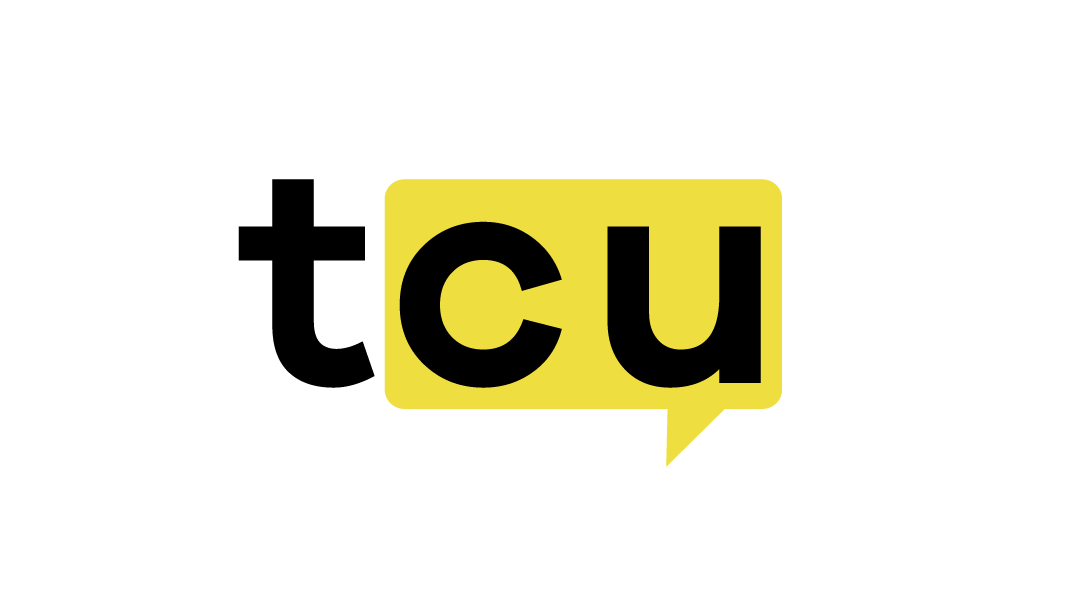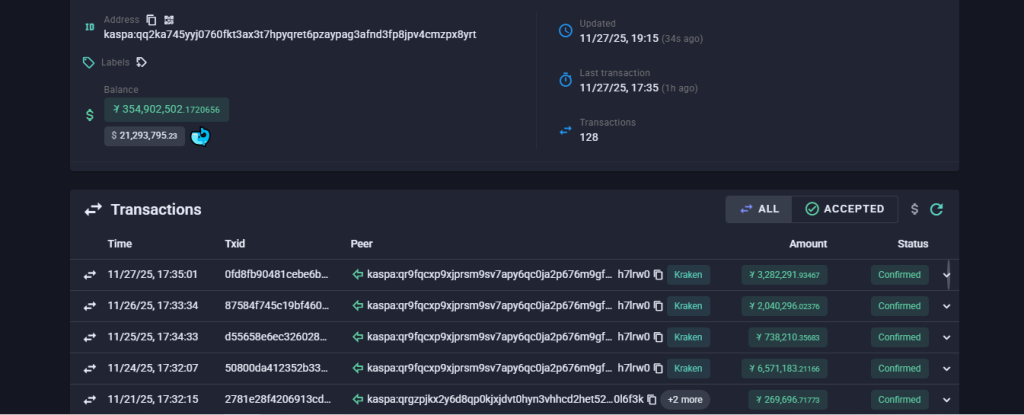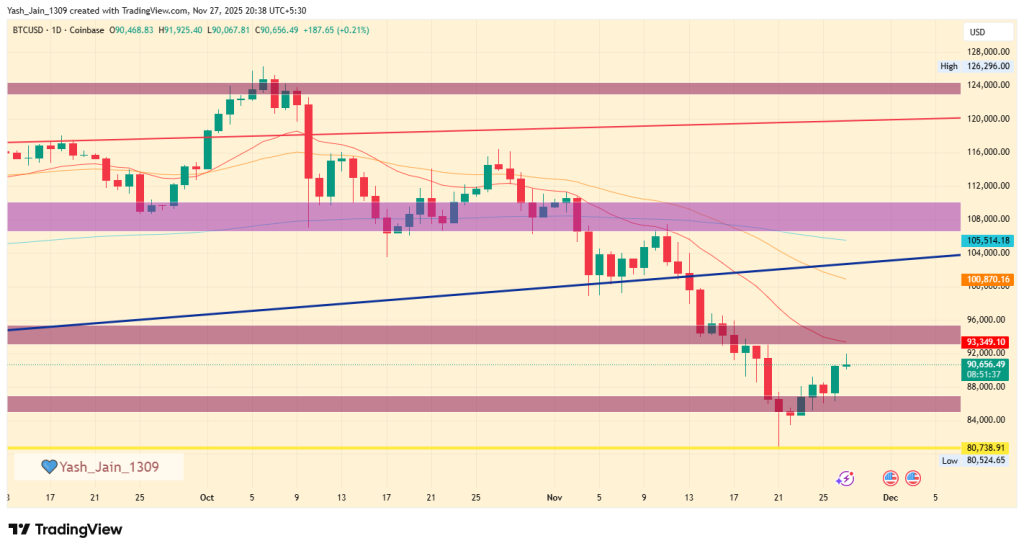Well, here we go again. The SEC has just opened up a 21-day window for comments on a new proposal. It’s for a Staked INJ ETF, put forward by a firm called Canary. This isn’t just another crypto filing, though. It feels a bit different.
The basic idea is to create an ETF that tracks the price of Injective’s INJ token. But it also wants to bundle in the rewards you’d normally get from staking that token. So you’d get any potential price gains, plus that extra yield, all wrapped up in a traditional stock exchange product. It’s an interesting way to bridge two very different worlds.
What Makes This One Stand Out
We’ve seen spot Bitcoin ETFs get the green light. Ethereum ones are on the way, perhaps. But this is something else. Including staking mechanics inside an ETF structure is a new layer of complexity. Staking is how you earn rewards for helping secure a proof-of-stake network. Baking that into a regulated fund is… not simple.
The filing, from what I’ve seen reported, leans heavily on INJ’s market stats. A market cap around $1.4 billion and what they call deep global liquidity. Their argument is that this size makes it harder to manipulate, which is always the SEC’s biggest worry.
Why It Matters Right Now
This feels like a test case. If the SEC is willing to even consider this, it could open doors. Not just for other tokens, but for a whole class of “yield-bearing” crypto ETFs. It would make life easier for a lot of people who want exposure but don’t want to mess with private keys or staking protocols themselves.
You get the potential for growth plus the staking yield, all in a familiar package. And maybe more importantly, it comes with a layer of regulatory oversight. That’s a big deal for trust.
A Long Road Ahead
Let’s not get ahead of ourselves, though. A comment period is just the first step. The SEC’s job is to protect investors, and they’ll pick this apart. How exactly does the staking work in this setup? How are the assets safeguarded? Is the valuation method sound?
They’ll be looking at everything. The public gets to weigh in, too, which could influence the final decision. This is far from a done deal. But the fact that it’s even on the table shows how the conversation is shifting, slowly but surely.


